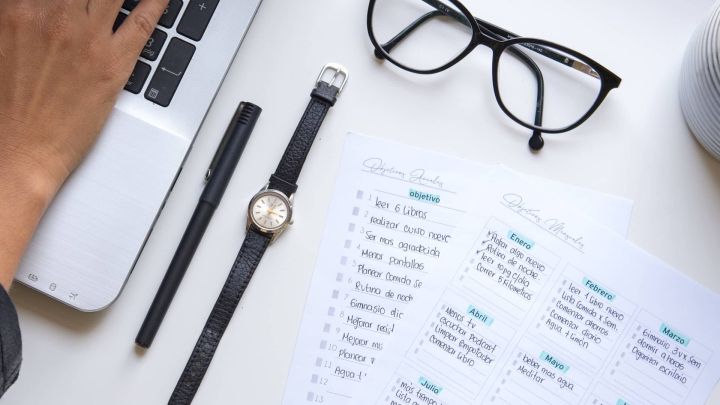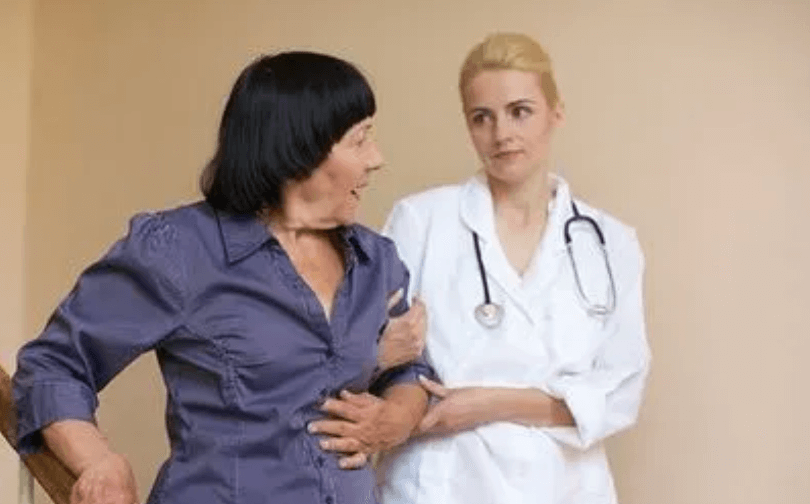Disease
For Both Men And Women, These 6 Signs On The Legs Indicate That There Is Blood Clot In The Body, Do Not Delay
This is the best way to prevent blood clots.

If you have these 6 signs on your legs, you may already have a blood clot!

1,Tingling in the legs
After a blood clot is created, the patient's lower leg will have a bulging vein as well as abnormal painful symptoms. Once the blood clot blocks the blood vessel, it will cause the patient's lower limb to have insufficient blood supply.
The pain can be relieved after rest in the early stages, but as the condition develops the pain cannot be relieved even after rest.
2,Leg cramps
Many people's first reaction to cramps is calcium deficiency, but in fact, cramps can also be caused by blood clots. Some people who are less active on a daily basis and whose cramps are not relieved even after calcium supplementation need to be alerted to the fact that they are most likely caused by blood clots.
3, Numbness in the legs
When blood clots appear in the legs, the blood vessels will be blocked and the lower limbs will not have sufficient blood and oxygen supply, resulting in abnormal leg numbness.
4,Cold legs
Under normal circumstances, people will feel cold legs only when the weather is cold, but some people will have cold legs and feet even when the weather is not cold, which is likely to be caused by blood clots blocking blood vessels, resulting in abnormal blood circulation.
5, Swelling in the legs
Edema in the body is mostly due to abnormal kidney function, but it may also be caused by poor blood circulation in the body. When a blood clot develops in the veins of the lower limbs, the blood cannot flow properly to the feet, which in turn can cause abnormal swelling.

6,Variable leg thickness
In most people, the thrombosis occurs on one side of the leg. The affected limb is prone to oedema due to poor blood circulation and may appear thicker than the normal limb on the other side.
The emergence of blood clots has a lot to do with some bad habits in life, and if you also have these habits, you are advised to change them as soon as possible.
To prevent blood clots, these habits are not allowed
4 hours a day: According to a study published in the European Journal of Preventive Cardiology, people who watch TV for ≥4 hours a day have a 35% increased risk of developing blood clots.
When catching up on TV, people are in a sedentary state and many of them are in a sedentary state, which tends to slow down the blood circulation in the lower limbs and naturally increases the risk of blood clots. It is advisable to get up and move your body at intervals when chasing dramas, to avoid being in the same position for a long time.
Exercise is an important measure to speed up blood circulation throughout the body, but many people do not exercise for a long time, which slows down metabolism and blood circulation throughout the body. It is recommended to maintain regular exercise habits on a daily basis, with at least 30 minutes of exercise each time and at least 4 to 5 times a week.

Inappropriate diet: Many modern people's diets are too high in fat and calories. Long-term intake of these foods will lead to excess calorie intake in the body and a large amount of lipid substances will accumulate in the blood vessels, which will lead to an increased risk of blood clots.
It is advisable to eat a light diet, with more fresh fruits and vegetables, and meat is more of a supplement than a main food.
Staying up late: Staying up late can cause the endocrine system and organ functions to be disrupted, which can lead to abnormal fat metabolism. It is recommended to get about 8 hours of sleep a day and not to stay up late.
Blood clots are a serious threat to human health, and once formed, they are irreversible, so we need to prevent them as much as possible.

-
![]()
![]() DiseaseDec 24, 2024
DiseaseDec 24, 2024How Can a Baby Have "Pimples" On His Face When He Is So Young?
-
![]()
![]() DiseaseDec 23, 2024
DiseaseDec 23, 2024Prevention of cardiovascular disease is more important than treatment
-
![]()
![]() DiseaseDec 22, 2024
DiseaseDec 22, 2024What Do I Need To Do To Check Myself For Nasopharyngeal Carcinoma? What Tests Are Needed To Confirm The Diagnosis Of Nasopharyngeal Carcinoma?
-
![]()
![]() DiseaseDec 21, 2024
DiseaseDec 21, 2024What Causes Oesophageal Cancer? What Symptoms Can Esophageal Cancer Cause In The Body?
-
![]()
![]() DiseaseDec 20, 2024
DiseaseDec 20, 2024Uremia Is Most Likely To Be "Dragged Out", The Body Appears 3 "Abnormal", Check As Soon As Possible




